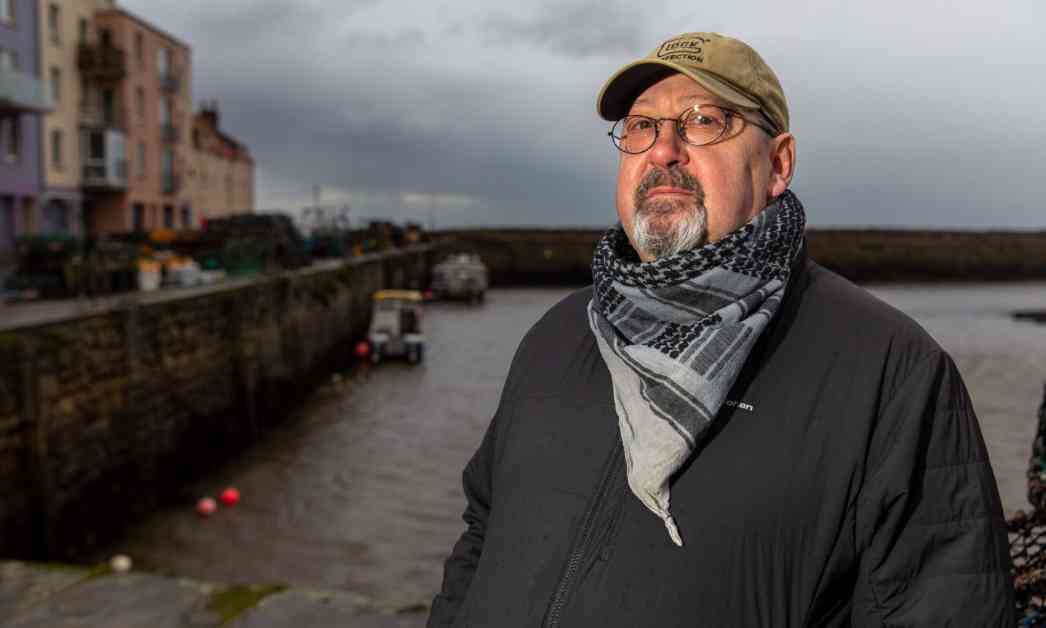Internationally-renowned marine archaeologist Neil Cunningham Dobson has raised concerns about the future of the Fife coastline, particularly in St Andrews. He believes that significant decisions need to be made to protect iconic locations like the golf courses and the medieval harbour from the impact of rising sea levels.
Climate science studies have shown that St Andrews, known as the ‘Home of Golf,’ could be at risk of significant erosion and flooding in the coming decades. The Dynamic Coast report by the Scottish Government has highlighted the urgent need for resilience and adaptation strategies to safeguard the area from the threats posed by climate change.
Historically, the Old Course at St Andrews has faced erosion challenges, prompting the construction of the Bruce Embankment in the 19th century. This protective barrier has played a crucial role in preserving the golf course from tidal surges and coastal erosion. However, with the changing climate and sea level rise, new measures are required to ensure the long-term protection of the area.
Recent efforts by the St Andrews Links Trust, such as acquiring land to prevent coastal erosion and undertaking dune restoration projects, demonstrate a proactive approach to mitigating the risks posed by climate change. Additionally, initiatives like saltmarsh restoration at the Eden estuary offer sustainable solutions to reduce the impact of erosion and flooding on the golf courses and surrounding areas.
Dr. Clare Maynard’s work with the Green Shores Partnership highlights the importance of nature-based solutions in managing sea level rise and coastal erosion. By planting saltmarshes and implementing innovative techniques like storm fencing, communities can create natural defenses against the destructive forces of the sea.
As the threat of rising sea levels and intense storms looms over coastal areas like St Andrews, it is imperative for local councils and government authorities to prioritize climate resilience and adaptation measures. By investing in sustainable strategies and collaborative efforts, we can protect our cherished heritage sites and natural landscapes for future generations to enjoy.
